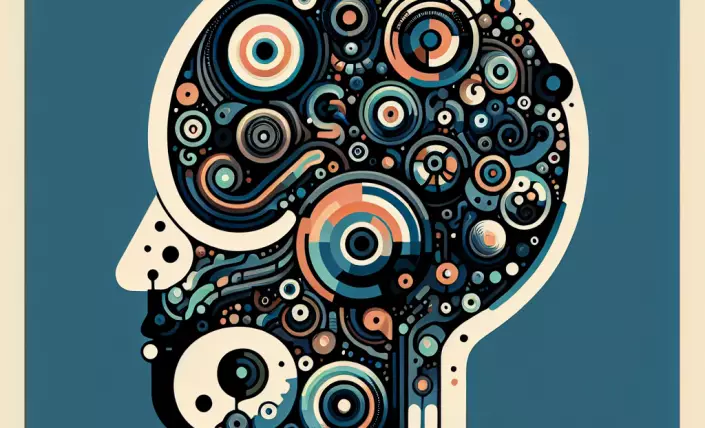Among the myriad contributions to Western philosophy, Augustine of Hippo's exploration of the human condition stands as a profound investigation into the tensions inherent within the soul. Augustine's perspective on the internal struggle between desire and reason offers a timeless reflection on the complexity of human nature, a theme that resonates deeply with contemporary life.
Central to Augustine's thought is the notion of a divided self, a soul torn between the pull of earthly desires and the aspiration towards divine truth. He posits that human beings are often ensnared by their lower desires, which he frequently associates with bodily urges and the temptations of the material world. This conflict is not merely an ethical dilemma but a metaphysical one that reflects the dual nature of humanity as both spiritual and corporeal beings. Augustine's own life, filled with its early indulgence in worldly pleasures before his conversion, serves as a vivid testament to this struggle.
Augustine's insights are particularly significant when considering the role of free will. For him, the capacity to choose is a cornerstone of moral responsibility. Yet, this freedom is not absolute; it is constrained by the limits of human nature and the pervasive influence of sin. Augustine famously grapples with the concept of original sin, suggesting that the inherited flawed nature of humanity predisposes individuals to err. This notion of a pre-existing inclination towards wrongdoing complicates the exercise of free will, as individuals must continually strive to align their will with reason and divine order.
In a world increasingly dominated by the pursuit of instant gratification, Augustine's emphasis on the need for self-control and discipline is more relevant than ever. He advocates for the governance of the soul by reason, which he considers the guiding principle that can lead one towards truth and fulfillment. However, achieving this state of harmony is no simple feat. It requires a conscious effort to cultivate virtues, such as temperance and prudence, which can help moderate desires and align them with rational and spiritual goals.
Augustine's exploration of time further enriches his philosophical legacy. His reflections on the nature of time in 'Confessions' reveal an acute awareness of its fluidity and the human tendency to be trapped in the past or anxious about the future. Augustine suggests that a proper understanding of time can aid in the reconciliation of desire and reason. By living in the present, individuals can focus on their immediate actions and decisions, fostering a sense of accountability and purpose that transcends temporal concerns.
Moreover, Augustine's views on love encapsulate the essence of the human struggle between desire and reason. He distinguishes between 'cupiditas' (selfish love) and 'caritas' (selfless love), advocating for the latter as the true path to divine unity. Caritas is an expression of love that seeks the good of others and aligns with the ultimate good, which is God. In contrast, cupiditas represents a misguided, possessive form of love that prioritizes personal gain over communal well-being.
This dichotomy underscores Augustine's belief that love, when properly oriented, can serve as a bridge between the conflicting forces within the soul. By directing one's love towards higher, spiritual aims, individuals can transcend the limitations imposed by their baser instincts and achieve a more profound sense of peace and fulfillment.
In conclusion, Augustine's philosophy invites us to reflect on the perennial tension between desire and reason, a conflict that continues to shape the human experience. His insights challenge us to examine the motivations behind our actions and to strive for a life guided by reason and love, rather than succumbing to the ephemeral allure of earthly pleasures. In doing so, Augustine provides not just a philosophical framework, but a moral compass that encourages a deeper understanding of ourselves and our place in the world.










